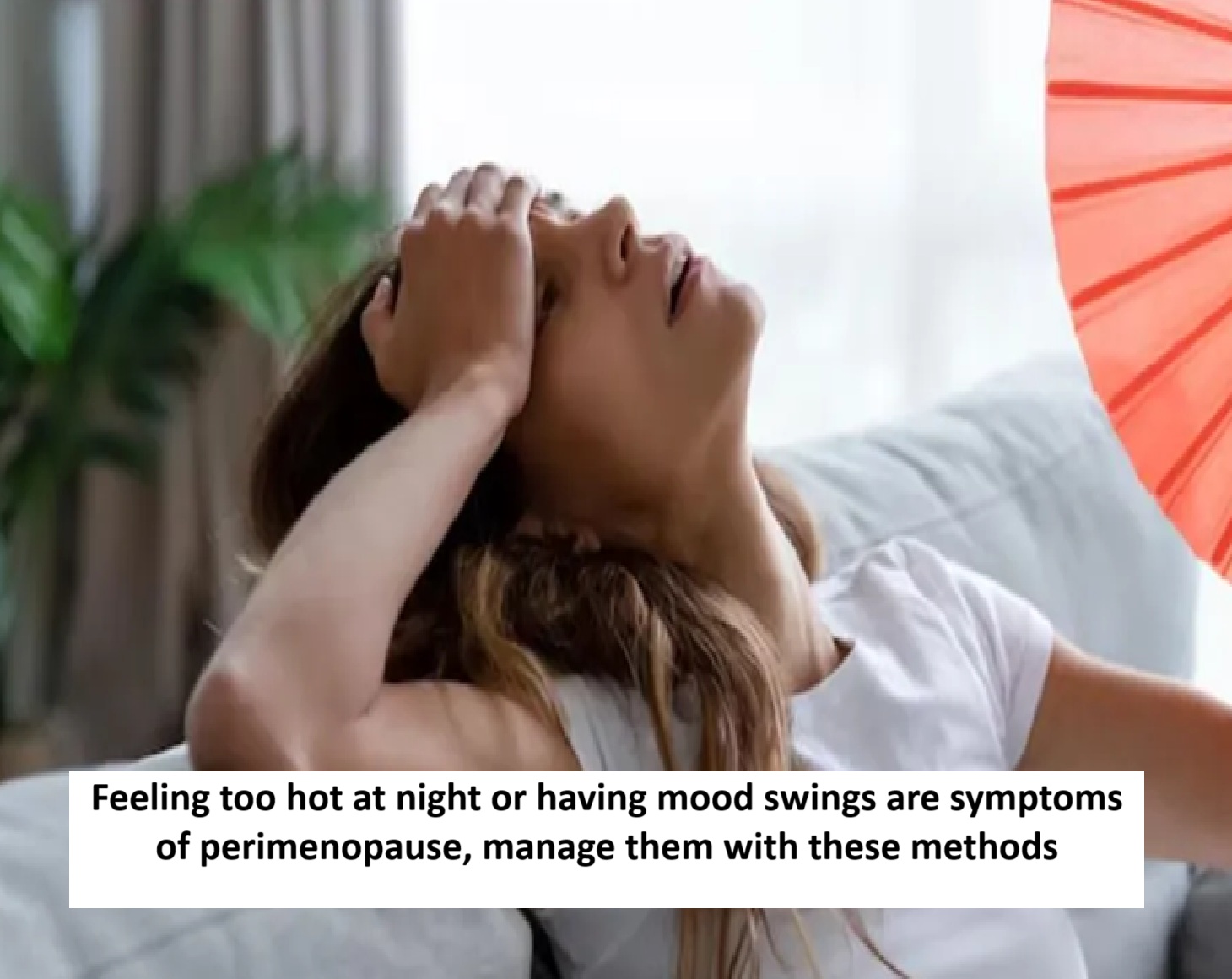
News Topical, Digital Desk : There are many changes in the body of women at every stage of age. Due to being related to hormones, these changes also affect their lives a lot. These include perimenopause, which usually occurs after the age of 40. Millions of women go through this stage, during which major changes start taking place in their body (Perimenopause Symptoms), but people have very little knowledge about this.
Even today people consider this issue a taboo and hesitate to talk about it. However, there is a need to have the right information about this, so that women can take better care of themselves at this stage. Let's know what perimenopause is, what are its symptoms and what can be done to manage it (Tips to Manage Perimenopause).
What is perimenopause?
Perimenopause is the stage that occurs before menopause. During this time, hormonal changes begin in the body of women. It usually begins between the ages of 40 and 50 and can last from a few months to years. Actually, during this time the estrogen hormone starts decreasing, due to which the levels of other hormones produced in the ovaries, such as progesterone, follicle-stimulating hormone and luteinizing hormone, start changing. Due to this, many mental and physical symptoms appear.
What are the symptoms of perimenopause?
- Irregular periods- periods coming early or late, bleeding being less or more.
- Mood swings – irritability, depression, or sudden anger.
- Decreased sexual desire- decreased sex drive.
- Hot flashes – sudden feelings of heat and sweating, especially at night.
- Vaginal dryness- Dryness and itching in the vagina.
- Insomnia - Frequent waking up or difficulty staying asleep.
- Frequent urination - feeling the urge to urinate repeatedly
- Fatigue and lack of energy – Feeling lethargic and weak in the body .
How to Manage the Symptoms of Perimenopause?
To manage the symptoms of perimenopause, women can take hormone replacement therapy (HRT). It helps manage hot flashes and mood swings. However, lifestyle changes can also help manage the symptoms of perimenopause.
- Do regular exercise- Do yoga and stretching to reduce stress and keep the body flexible. Along with this, aerobic exercises improve heart health and help in controlling weight.
- A diet rich in phytoestrogens - soybeans, lentils, flax seeds - contains natural estrogens that maintain hormonal balance. Also, eat whole grains and lean proteins to boost metabolism and for energy.
- Take care of your sleep- Take 7-8 hours of sleep every day, so that the body's circadian rhythm is not disturbed. Also, set a fixed time for sleeping and waking up .
- Stress Management- You can reduce stress with the help of meditation, deep breathing and relaxing hobbies.
--Advertisement--

 Share
Share



